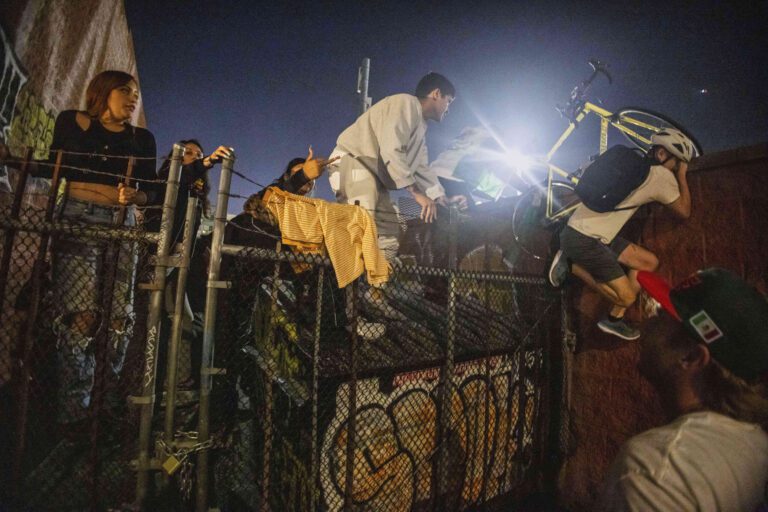Trump’s Immigration Policy Shift: Balancing Deports and Industry Needs
President Trump has recently indicated a notable adjustment in his administration’s approach to immigration enforcement, especially regarding deportations in vital sectors such as farming and hospitality. This change comes amidst growing concerns from his loyal supporters about the effectiveness of his initial deportation goals, specifically the ambitious target of 3,000 deportations per day.
Understanding the Policy Shift
Reduced Aggression Towards Key Industries
In a surprising Truth Social post, Trump acknowledged the challenges faced by farmers and hospitality businesses due to his stringent immigration policies:
"Our great Farmers and people in the Hotel and Leisure business have been stating that our very aggressive policy on immigration is taking very good, long-time workers away from them."
Key Points:
- Trump is prioritizing the protection of critical labor sources in agriculture and hospitality.
- He expressed concern over the removal of long-standing workers who contribute significantly to their respective industries.
Common Sense Approach
During a press conference at the White House, Trump elaborated on the necessity for a more sensible approach to deportation:
“We can’t take farmers and take all their people… We’re gonna have to use a lot of common sense on that.”
What This Means:
- There will be a focus on deporting individuals with criminal records while sparing those who have integrated into their communities through long service in essential jobs.
- Trump emphasized the need for policies that support industries critical to the economy, compromising his earlier aggressive stance.
The Political Backlash
While the administration leans towards a more lenient approach regarding non-criminal workers, some Republican senators are expressing dissatisfaction with both Trump’s shift and broader immigration strategies.
Internal GOP Tensions
-
Senator Rand Paul faced backlash for criticizing the proposed $150 billion budget for immigration enforcement. Following this, he was briefly barred from a White House event, sparking debates about party unity.
- Deputy Chief of Staff Stephen Miller publicly criticized Paul’s stance, labeling it a betrayal of Trump supporters:
“It’s hard to imagine a greater betrayal of the Americans who elected President Trump.”
Arguments Among Senators
Disagreements reached a boiling point during a meeting between Miller and Republican senators over funding for the border and deportation measures. Senator Johnson, also skeptical of spending levels, engaged Miller in a heated discussion about the proposed budget but ultimately yielded to Miller’s arguments.
Conclusion: Navigating Complexity in Immigration Policy
Trump’s pivot towards a more nuanced immigration policy highlights the delicate balance between enforcing law and supporting key economic sectors. As tensions rise within the party, it remains to be seen how this strategy will play out both politically and practically.
For further context, explore more about Trump’s immigration policy evolution and its impact on the economy by visiting credible sources such as The New York Times and The Washington Post.
This article provides an overview of the recent developments in Trump’s immigration policies, highlighting crucial interactions within the Republican party that could influence future strategies.


